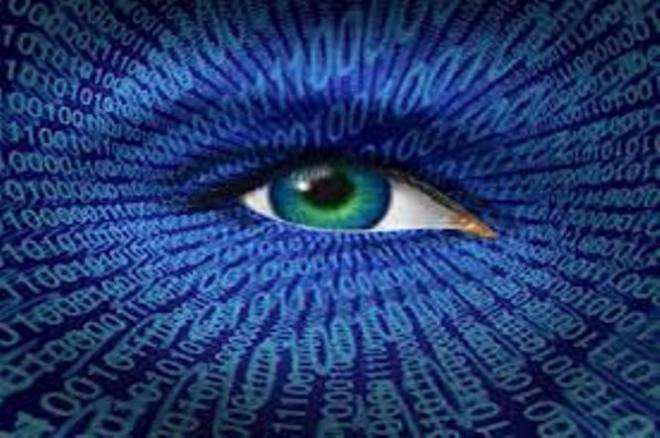<p style="text-align: justify">The title might remind you of George Orwell&#8217;s satire <em>1984</em>, but no other title could be more apt. In today&#8217;s world, an individual has restricted personal freedom and privacy. There have been instances where sharing personal opinions on social media that intimidate, bully or threaten others have led to serious consequences. On the other hand, information acquired through social media websites can prove useful in thwarting criminality and locating criminals. A problem emerges in determining the line between personal privacy and public well-being.</p>
<h2 style="text-align: justify">Surveillance</h2>
<p style="text-align: justify">Through surveillance, a government agency can secretly monitor a person&#8217;s activities and conversations on Facebook and in phone calls. Today&#8217;s technology is so sophisticated that if a government intends to carry out the surveillance of its people, it has a hundred effective ways to do so.</p>
<p style="text-align: justify">Sensitive equipment can pick up even the slightest of vibrations and whispered conversations. Camera surveillance can be accomplished in many ways, through drones at day or night, satellites or hidden cameras, some small enough to be mounted in a ballpoint pen. Sound bytes from a fiber optic line can now be picked up with the right equipment. Whether phone lines are optic or not, official agencies have tapped phone lines for years. Legal tapping, however, requires a court order.</p>
<h2 style="text-align: justify">Commercial Tracking and Profiling</h2>
<p style="text-align: justify">If you use a credit card, your buying practices and whereabouts can be monitored, profiled and tracked. This commercial invasion provides an accurate picture of your life. It may also protect you from credit card theft as card providers instantly identify fraudulent purchase activity by using your profile.</p>
<h2 style="text-align: justify">Internet Tracking</h2>
<p style="text-align: justify">On the Internet, nothing is safe or private. Search engines target people for specific advertising by identifying words in emails, keyword searches, clicking patterns and websites visited. No data is private or safe over the Internet, as advertisers and professional hackers can access it in a few minutes. Individuals need to take responsibility for maintaining their own privacy, particularly on the Internet by weighing carefully the consequences of every post and search they make, every e-mail they write and every website they visit.</p>
<p style="text-align: justify">The recent revelations by former NSA contractor Edward Snowden have shocked people around the world and have demonstrated the extent of surveillance intervention. Whether one is a world leader or an ordinary individual, his personal conversations and daily activities are being monitored and stored. These may or may never be accessed for political or criminal purposes.</p>
<p style="text-align: justify">In the nineteen-thirties Orwell predicted this very thing in his novel, <em>1984</em>. He depicted a society watched at every turn by Big Brother, who allegedly monitored citizens for their own good and welfare. Though at that time this satire was meant for Stalin&#8217;s Communist state and its secret police, it hasn&#8217;t lost its relevance in today&#8217;s electronic world.</p>
<p style="text-align: justify">Surveillance is useful in a democratic society, but it can be abused. Throughout history, survelance has protected our country, freedoms and provided military advantages. In other countries, unchecked surveliance programs have turned citizens into informants against their neighbors. Undoubdetly, a system of checks and balances is necessary to protect the rights of citizens while also promoting the public well-being.</p>
<h5 style="text-align: justify">Featured images:</h5>
<ul style="text-align: justify">
<li> <span class="license">License: Image author owned</span></li>
<li> <span class="license">License: Image author owned</span></li>
</ul>
<p style="text-align: justify">By Sarah Detlef</p>
<p style="text-align: justify">Sarah Detlef enjoys blogging about legal and cultural issues. In 1990, she retired from the U.S. Air Force and founded a legal translation services agency called 24HourTranslation.com. While continuing to operate her business, she teaches courses in Translation Studies at the unversity and high school levels.</p>

How Much Is Big Brother Watching You?
